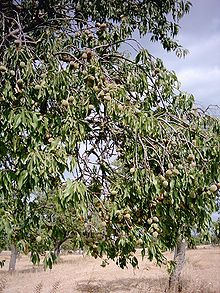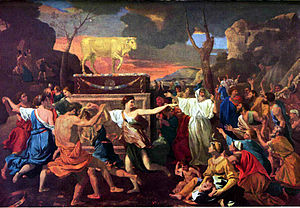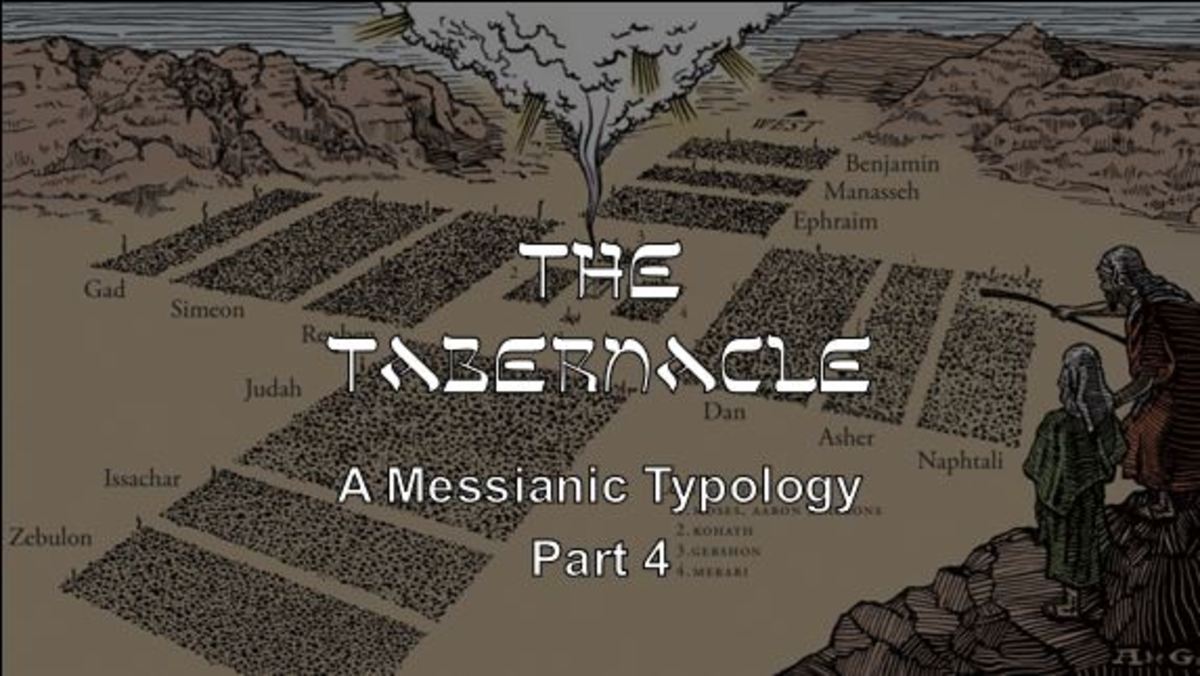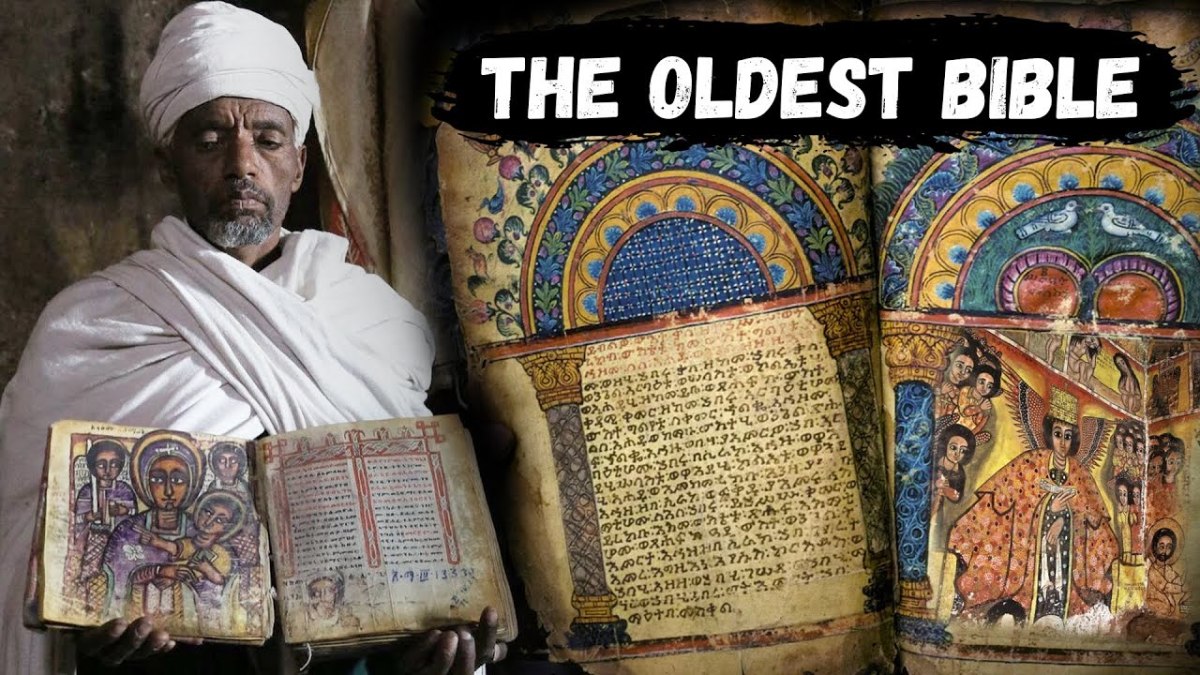Bible: What Does Jeremiah 1-2 Teach Us About Jeremiah, the Prophet?
Jeremiah the Prophet

The Prophet's Pre-Natal Ordination
Jeremiah 1
Jeremiah's prologue provides data about its author's lineage and hometown--he was the son of a Benjamite priest from the priest-city of Anathoth) [v. 1; cf. Josh. 21:18]-- and about the interval during which he received revelation (from the thirteenth year of Josiah's reign until Judah's exile in the fifth month of 586 B.C.) [vv. 2-3].
Yahweh informs the prophet about his pre-natal ordination to the ministry (vv. 4-5).
Jeremiah, objecting to this revelation, cites youth and inexperience as ample pretexts for his immediate resignation (v. 6).
God, however, dismisses his man's protests and tells him not to fear people, but to trust His presence with him.
The entire scene suggests that Jeremiah had no freedom to refuse his appointment; he will go, and he will speak (vv. 7-8).
More direct and personal divine revelation from the LORD's hand to Jeremiah’s mouth comes the prophet’s way (v. 9; cf. Is. 6).
By virtue of God's delegation, Jeremiah possesses mediatorial authority to proclaim the destiny of various nations, for good or for ill (v. 10).
[Note how the first two couplets signify “ill” purposes, while the last pair point to “good” ones.]
The Almond Tree

The Almond Tree Lesson
Two object lessons that aim to teach him about his ministry follow (vv. 11-13).
[How does Jeremiah’s seeing a “branch of an almond tree” relate to God’s “watching to perform His word”?]
The LORD tells Jeremiah that since Babylon (a country "out of the north") will bring calamity on Jerusalem and other Judean cities (vv. 14-15), the prophet should therefore preach fearlessly to the Israelites about their sin and coming doom (v. 16).
Jeremiah learns that if he refuses this assignment, Yahweh will shame him (v. 17)!
The prophet’s timidity does make God appear to be "unfair" until He informs Jeremiah that He would make him adequate for the task.
The LORD assures His messenger that His presence would not only be available to deliver him from danger, but He would also make the prophet a strong polemicist "against" the disobedient nation (vv. 18-19).
[God compares Jeremiah to a “fortified city,” “an iron pillar,” and “bronze walls”—metaphors signifying indomitable strength.]
Apostasy and Idolatry

Israel: A Nation in Apostasy
Jeremiah 2
When Israel was first redeemed, God took pleasure in him because His people loved Him (vv. 1-3; cf. Rev. 2:4).
He then recalls to Israel’s mind their former love with a view to contrasting it with their current apostasy and idolatry (vv. 4ff).
[Verse 5 contains a rhetorical question: “What injustice have your fathers found in Me?” Answer: None.
The fathers apostatized because something—their inborn sinfulness?—caused them to forget the LORD’s salvation (v. 6) and His subsequent blessings (v. 7a). They neglected to seek the LORD.]
Israel's leaders have led the nation into the service of idols (vv. 7b-8).
Yahweh, therefore, holds a court session and asks Israel if any other people of the nations, either from the east or from the west, has ever forsaken their "gods" (vv. 9-11a).
He charges His own with making such an evil, stupid exchange (vv. 11-13; cf. Rom. 1:21-23 argument), and informs them that their present experience of chastening and servitude has resulted from that choice (vv. 14-19; see especially vv. 17, 19).
Analogies
view quiz statisticsTwo Beasts
view quiz statisticsAnalogies and Beasts
Employing a slave analogy, God asserts that He had set them free in the past that they might serve Him.
Notwithstanding their promise of loyalty, they prostituted themselves (v. 20).
Then using an agricultural analogy, Yahweh teaches Israel that their degeneration into an alien vine was not His (the farmer's) intention (v. 21).
Even if they should now take extraordinary measures to “clean up their act,” the nation would not make itself acceptable before Him (v. 22).
Israel continues to deny their evil idolatry, so the LORD bids the nation to open their eyes to see what kind of life they are living.
He compares Israel’s desire to break away from God to the actions of two uncontrollable beasts: first, a loosed, wild camel, and second, a donkey in mating season (vv. 23-24).
Discomfort cannot dissuade the people from following hard after evil (v. 25); even open shame fails to turn them back (vv. 26-27a).
Only when they find themselves in trouble do they cry out for salvation (v. 27b).
Nevertheless, God refuses to offer assistance; instead, He advises them to run to their many gods for help (v. 28).
He almost seems ready to give up on them, since they do not want to listen to His instruction (vv. 29-30).
In great sorrow, Yahweh inquires why they have rejected and forgotten the One Who has done them no harm (vv. 31-32).
He protests vigorously about their teaching others their evil ways (vv. 33-34), yet they claim innocence of any wrongdoing and therefore do not think God will chasten them (v. 35a).
Still, God will not be moved from contending with them. He continues to question their lifestyle changes, warning them that they will not prosper by befriending Egypt, but will instead suffer shame (vv. 35b-37).
© 2013 glynch1







